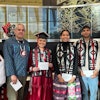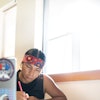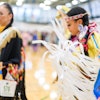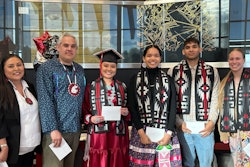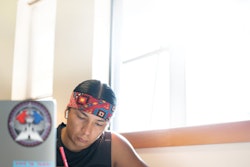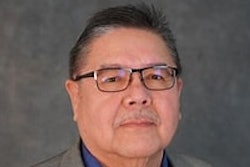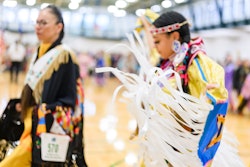BARTLESVILLE Okla.
Carol Conner asks participants in Oklahoma’s annual Indian All-State basketball games the same question every year: How many of them are planning on attending college?
In 1996, the first year of the event, “one person raised their hand,” she recalled, a number that encouraged the woman with an upbeat, can-do personality. “One person.”
Fast forward to 2007, when every one of the four dozen players on the roster for this year’s games, held in June, said they had some sort of plans for college.
While state and national statistics don’t yet reflect it, Conner and her husband, Joe, believe they are seeing a major shift in attitudes about college among American Indians namely, that most now believe a postsecondary education is essential to advance in almost any career.
“There is just such a big difference in having a degree or not having one,” said Taloa Williford of Tishomingo, who carried a 3.9 grade point average in high school.
Such statements please the Conners, who are both psychologists and work extensively with American Indians. But they also realize their quest to emphasize the importance of higher education among that group is only beginning.
